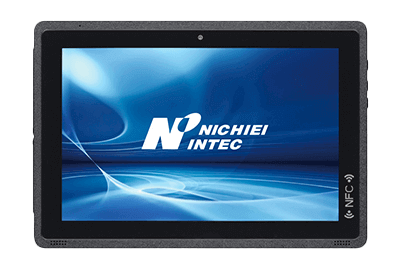What Are Business Tablets?

Business tablets are portable devices used by companies and organizations in daily operations. They evolved from personal digital assistants (PDAs) and now typically include general-purpose tablet PCs, like Apple’s iPad, with business-specific software and necessary peripherals.
Technological advancements have greatly improved tablet PCs’ capabilities, making them comparable to desktops or laptops for information input and retrieval. Tablets are favored for their portability, user-friendliness, and space efficiency, leading to their widespread use in business settings.
This discussion centers on tablets that are customized for specific business applications, rather than commercially available tablet PCs used directly for business purposes.
Uses of Business Tablets
Business tablets are versatile, finding applications in manufacturing, logistics, healthcare, self-service kiosks, and as control panels in machinery and vehicles.
1. Manufacturing
In manufacturing, tablets enable real-time input and monitoring, offering space savings and flexibility over traditional PCs.
2. Airports and Hotels
Self-service kiosks at airports and hotels often utilize business tablets for check-in and ticketing functions.
3. Operational Use
Business tablets are increasingly used for various operational purposes, like train announcements, showcasing their adaptability.
Principles of Business Tablets
Most business tablets are based on general-purpose tablets like the iPad, running operating systems like Windows or Android. These tablets support commercial applications, development tools, and peripherals such as barcode readers. They also provide customization options like dedicated carrying cases or additional devices.
These tablets can be tailored for specific uses, including restricting applications or adding company branding for customer-facing roles.
How to Choose Business Tablets
Choosing business tablets involves considering system integration capabilities. For organizations with strong internal IT departments, self-sufficiency is possible. However, external system integrators play a crucial role in software development, implementation support, and long-term maintenance, especially for large-scale deployments.
When relying on external integrators, it’s essential to assess their ability to develop needed software, implementation costs, and ongoing support.
Given the rapid evolution of tablet technology, it’s important to consider long-term support and updates. Strategic planning is crucial to avoid future challenges similar to those faced in manufacturing environments with embedded PCs and outdated components.